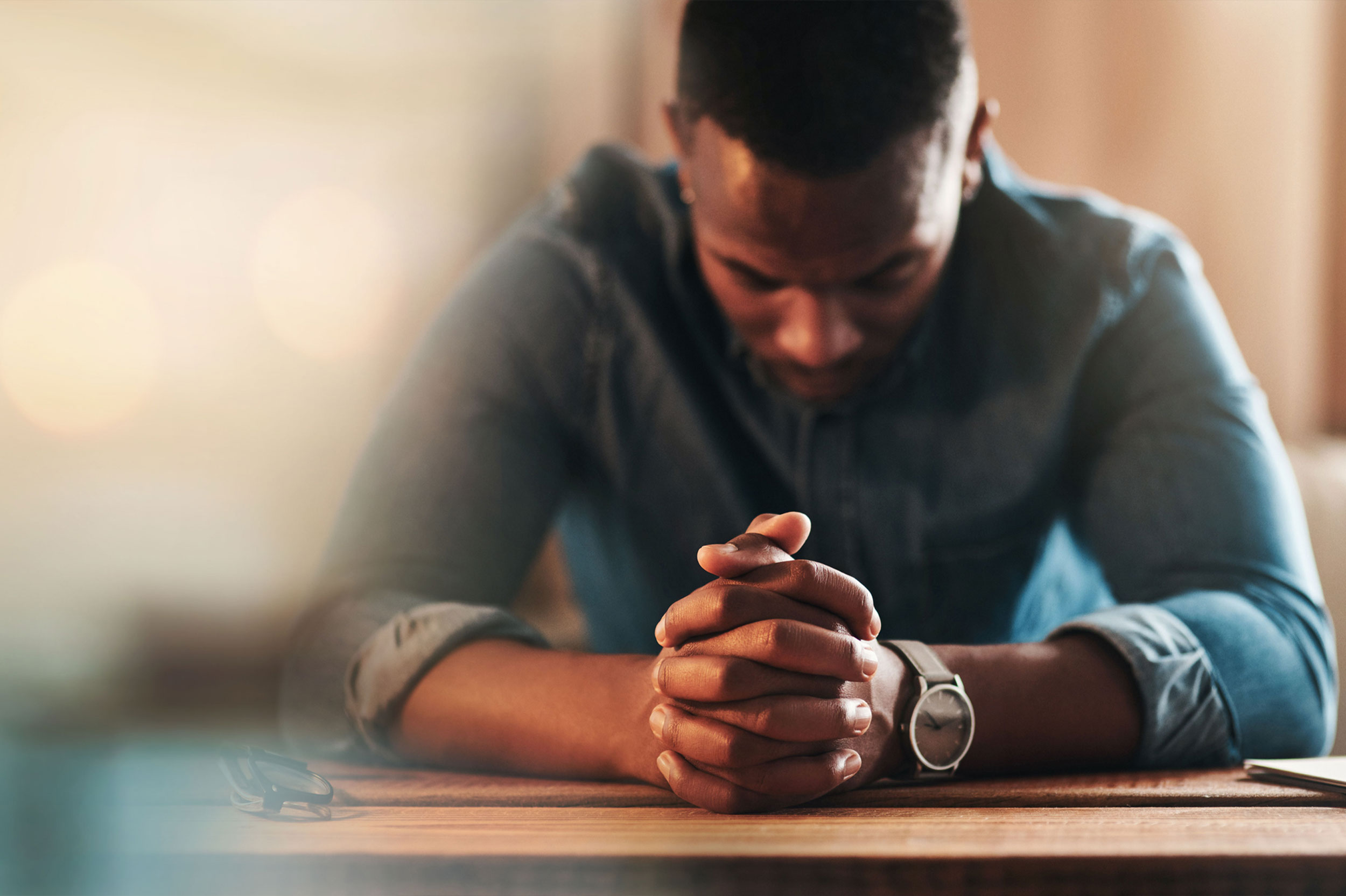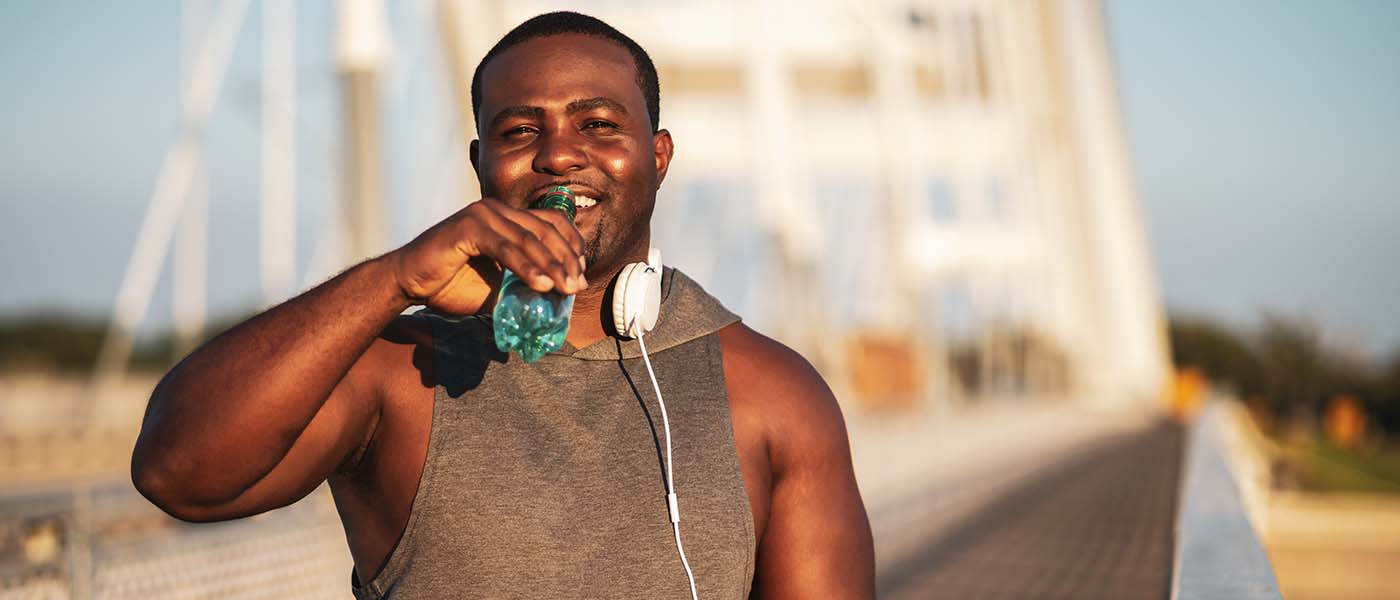
You’ve recently had an accident. It could have been something as minor as a fall or as major as a car collision. While you’ve addressed the immediate pain and visible wounds, you start noticing something troubling: you’re experiencing difficulties in getting or maintaining an erection. This unexpected issue might leave you feeling confused and concerned.
Erectile dysfunction (ED) after an injury is more common than you might think. Injuries can disrupt the delicate systems responsible for sexual function, including blood flow, nerve signals, and hormonal balance. At Genesis Lifestyle Medicine, we understand the impact this can have on your quality of life. Our comprehensive, patient-centered care aims to identify the root causes of ED and provide effective, personalized treatments to help you regain vitality.

How do injuries cause ED?
Nerve damage
Nerves play a vital role in achieving and maintaining an erection, transmitting signals from your brain to your penis. Injuries to the spinal cord, pelvis, or lower back can damage these nerves, interrupting communication and making it difficult to achieve an erection. Even seemingly minor injuries can lead to long-term nerve inflammation, which further disrupts erectile function.
Blood vessel damage
Your penis relies on healthy blood vessels to fill erectile tissue with blood during arousal. Injuries that damage blood vessels in the pelvic area, such as fractures or surgeries, can reduce blood flow to the genitals, leading to erectile issues. Scar tissue may also form, creating blockages that prevent proper circulation. This lack of blood flow is a major contributor to ED.
Hormonal imbalances
Trauma, particularly to the testicles or endocrine system, can disrupt hormone production. Low testosterone levels, often linked to physical injuries, can significantly affect libido and erectile function. Similarly, stress caused by injury can trigger the release of cortisol, a hormone that suppresses testosterone production, further exacerbating ED.
Pelvic muscle strain
Injuries that strain or weaken pelvic floor muscles can reduce the support needed for proper erectile function. These muscles help control blood flow to the penis during an erection, and any damage or strain can impair this process. Activities like prolonged sitting or heavy lifting can worsen the issue if not addressed promptly.
Psychological impact of injuries
The emotional toll of an injury—from chronic pain to loss of mobility—can lead to anxiety, depression, or low self-esteem. These psychological effects often compound the physical issues, creating a cycle of stress and erectile dysfunction. Addressing the mental health aspect is just as important as treating the physical causes of ED.

How to treat ED caused by injuries?
Low-intensity shockwave therapy (LiSWT)
Genesis Lifestyle Medicine offers low-intensity shockwave therapy as a non-invasive treatment for ED. This treatment uses acoustic sound waves to improve blood flow and stimulate angiogenesis, the process of forming new blood vessels. By targeting vascular damage and encouraging natural healing, LiSWT addresses one of the root causes of ED. The therapy is painless, requires no downtime, and often shows significant improvement within two months.
Platelet-rich plasma (PRP) therapy
PRP therapy, commonly known as the P-Shot, harnesses the healing power of your body’s platelets. Platelets contain growth factors that repair and regenerate damaged tissues. During this procedure, a small amount of your blood is drawn, processed to concentrate the platelets, and then carefully injected into targeted areas of the penis. This promotes the repair of blood vessels and nerves, enhances sensitivity, and improves erectile function.
Testosterone replacement therapy (TRT)
For individuals with ED linked to low testosterone caused by injuries, testosterone replacement therapy can restore hormonal balance. TRT is available in several forms, including gels, injections, patches, and pellets. By elevating testosterone levels, this therapy enhances libido, energy, and sexual performance. It also helps improve mood and reduces the risk of other complications associated with hormonal deficiencies.
Psychological counseling
Addressing the mental health aspects of ED is critical for holistic recovery. You can also undergo psychological counseling or access sex therapists who specialize in injury-related ED. Counseling sessions focus on managing anxiety, overcoming emotional barriers, and improving communication with partners. This comprehensive approach addresses the physical and emotional challenges of ED, helping patients regain confidence and intimacy.

Tips to prevent injuries that lead to ED:
- Wear protective gear during sports or physical activities
- Practice proper lifting techniques to avoid pelvic strain
- Use seat belts and follow traffic rules to prevent car accidents
- Maintain good posture to reduce strain on your spine and nerves
- Avoid prolonged sitting by taking regular movement breaks
- Seek prompt treatment for any injuries to minimize complications
- Stay active and maintain a healthy weight to reduce injury risk
Injuries can have far-reaching effects on your health, including your sexual well-being. The good news is that ED caused by injuries is highly treatable with the right approach. Genesis Lifestyle Medicine provides comprehensive, cutting-edge treatments tailored to your needs, helping you regain control and sexual vitality. If you’re struggling with ED after an injury, contact us today to embark on your path to recovery and a better quality of life.



